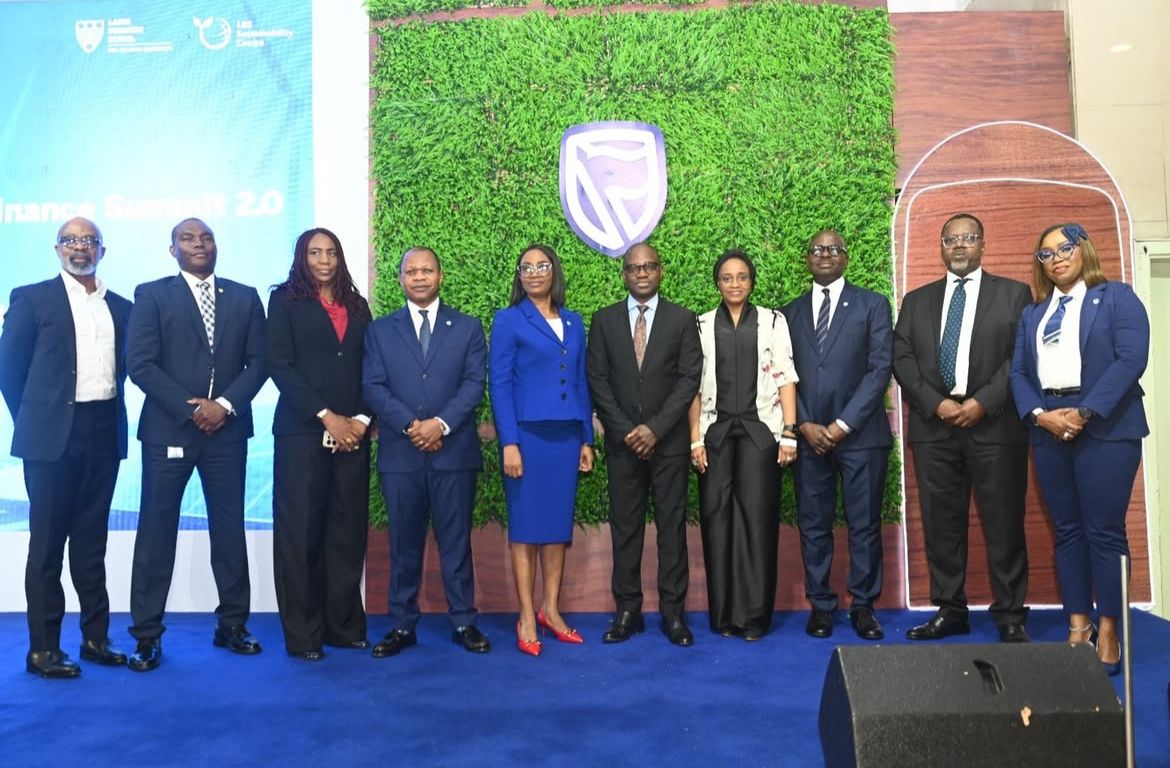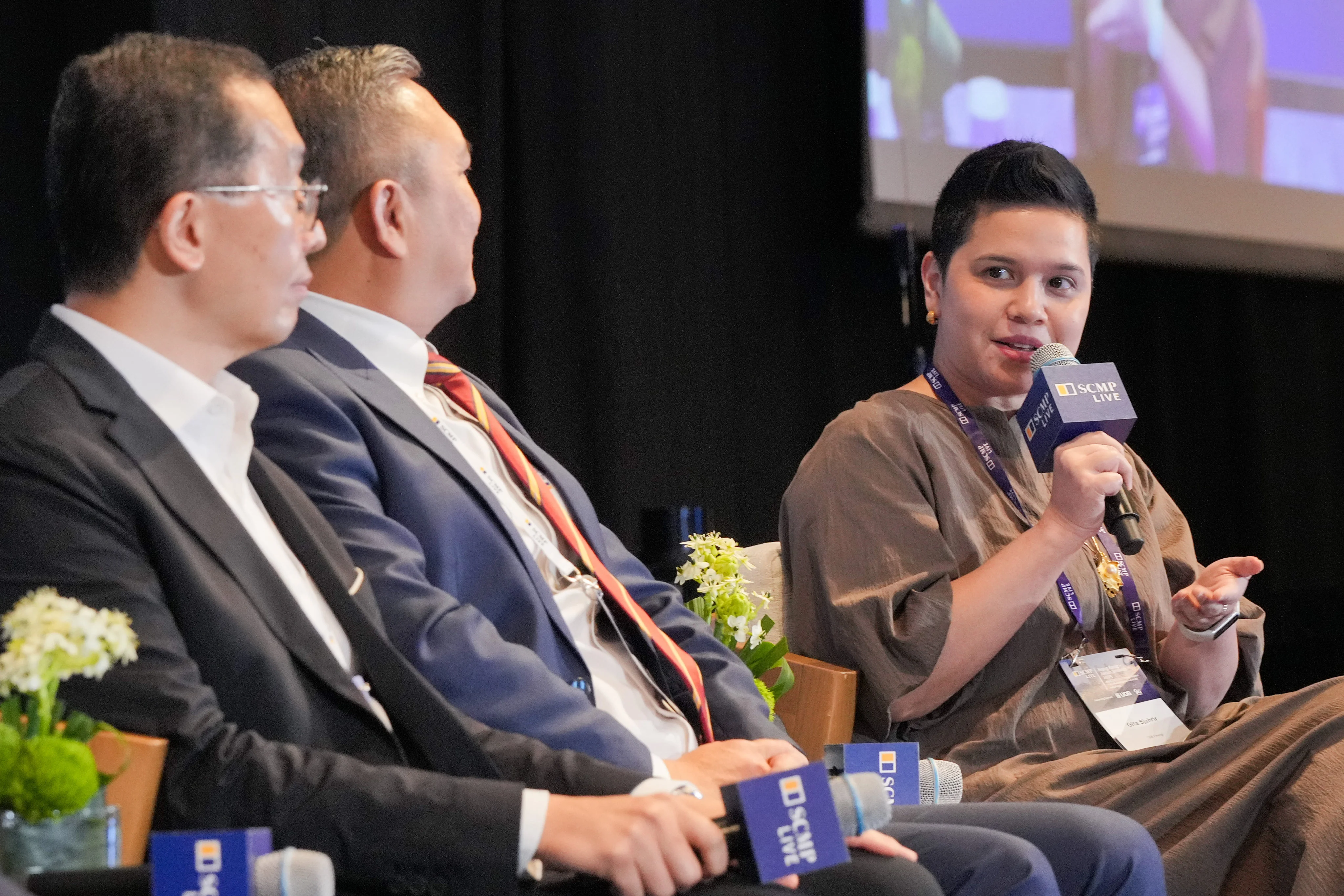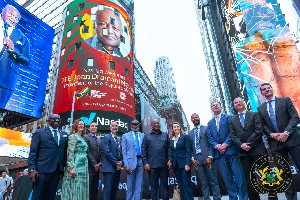By Stanbic Ibtc Holdings,Toyin Akande
Copyright bizwatchnigeria

…Experts Urge Governance, Accountability in Tackling Climate Funding Gaps
Stakeholders at the 2025 Sustainable Finance Summit 2.0 have stressed the need for stronger governance, accountability, and trust in digital platforms to close Africa’s widening climate finance gap.
The summit, held on Tuesday at the Civic Centre, Victoria Island, Lagos, was convened by Stanbic IBTC Holdings Plc in partnership with the Lagos Business School (LBS) Sustainability Centre. With the theme “Financing Resilience: Digital Innovation and AI for Climate-Smart Communities,” the event brought together experts from finance, technology, and sustainability to examine how digital innovation and artificial intelligence can drive climate-smart development.
A panel session featuring Dr. Babs Omotowa, Independent Non-Executive Director at Stanbic IBTC Holdings; Emmanuel Etaderhi, Executive Secretary, Financial Centre for Sustainability (FC4S), FMDQ Group; Chidi Amudo, Co-founder and Group Chief Executive, Mudozangl; Babajide Oluwase, Chief Executive, Ecotutu; and Babajide Duroshola, General Manager (Nigeria), M-Kopa, highlighted the urgent need for effective deployment of resources.
While acknowledging the continent’s demand for more capital, the panelists argued that the greater challenge lies in how funds are utilised. They warned that technology alone cannot solve Africa’s climate finance problems without transparent governance structures and leadership.
Etaderhi observed that the effectiveness of digital systems depends largely on the integrity of the data driving them. “You can have AI, but do you trust the data it’s giving? If the data is weak or manipulated, then the solutions will also be flawed,” he cautioned.
Omotowa, in his contribution, stressed that leadership remains at the heart of climate finance. “Technology is important, but without the right leadership, funds can still be diverted or misused. We must strengthen governance and build institutions people can trust,” he said.
The session also identified corruption and weak institutions as major threats to climate finance. Panellists urged the adoption of stronger monitoring, auditing, and regulatory safeguards, citing Nigeria’s Data Protection Act as an example of how legal frameworks can enhance confidence in digital platforms.
They further noted that everyday tools such as smartphones could empower underserved communities to track climate funds, report outcomes, and hold institutions accountable.
The summit concluded that although Africa’s climate finance challenges are daunting, the intersection of finance, technology, and regulation provides an opportunity to reshape how the continent mobilises resources for a sustainable and climate-resilient future.



